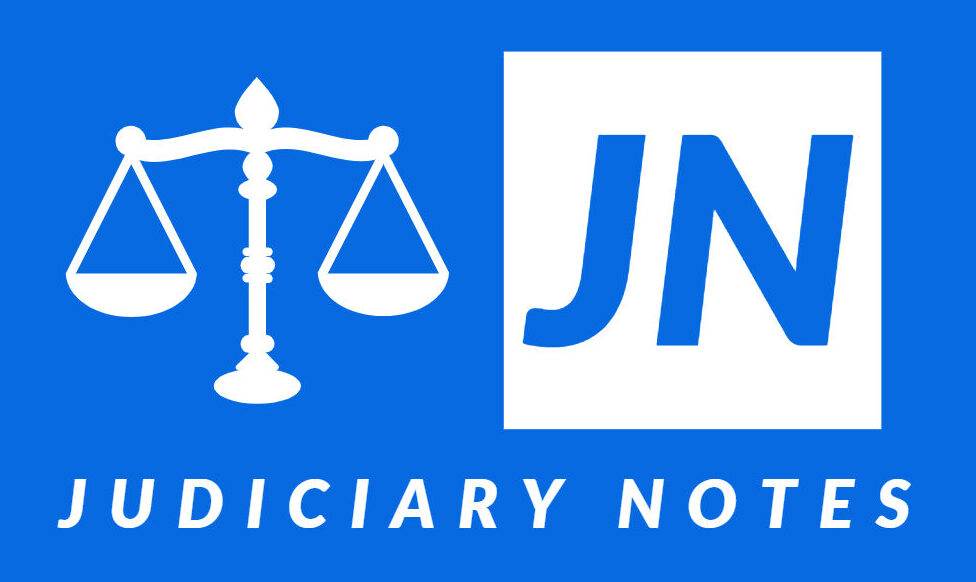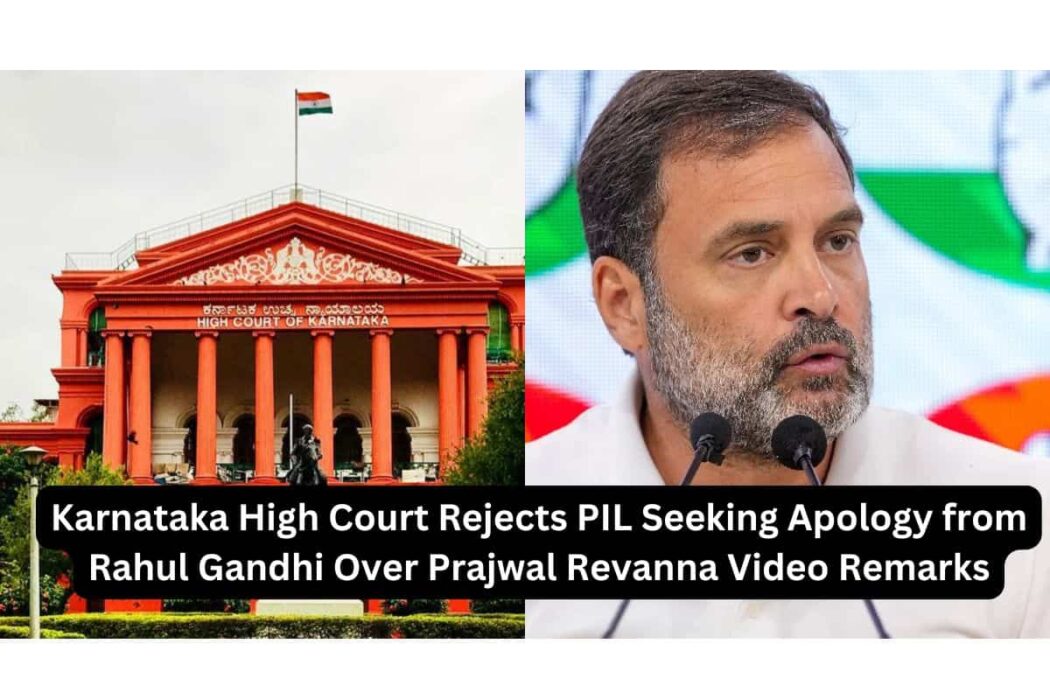Bengaluru, October 2024 — The Karnataka High Court on Monday rejected a Public Interest Litigation (PIL) that sought an apology from Congress leader Rahul Gandhi for his remarks related to alleged videos involving JD(S) MP Prajwal Revanna. The PIL, filed by a private citizen, argued that Gandhi’s statements were defamatory and called for a public apology.
The court, however, found no merit in the petition, emphasizing that political leaders enjoy a certain level of freedom when making statements in public discourse. The bench also noted that the petitioner had failed to establish a direct legal connection between the alleged video incidents and Rahul Gandhi’s comments.
The controversy surrounding the videos allegedly involving Prajwal Revanna, the grandson of former Prime Minister H.D. Deve Gowda, has sparked political friction in Karnataka. Revanna, who represents the Hassan constituency, has consistently denied the allegations and dismissed the videos as doctored and politically motivated.
The PIL contended that Rahul Gandhi’s comments about the incident were irresponsible and damaging to Revanna’s reputation. However, the High Court ruled that freedom of speech, particularly in the political sphere, cannot be curtailed unless it crosses into legally defined boundaries.
With the dismissal of the PIL, the court has put an end to this particular legal challenge, though the political fallout may continue to reverberate across Karnataka’s political landscape.
Rahul Gandhi, who is known for his outspoken critique of opposition parties, has yet to comment on the court’s decision, while Prajwal Revanna’s camp expressed satisfaction with the ruling, reiterating their belief that the entire episode was a political stunt aimed at discrediting their leader.
As Karnataka heads towards its next round of elections, the dismissal of this case may signal the judiciary’s reluctance to intervene in politically charged debates unless substantial legal grounds are provided.

